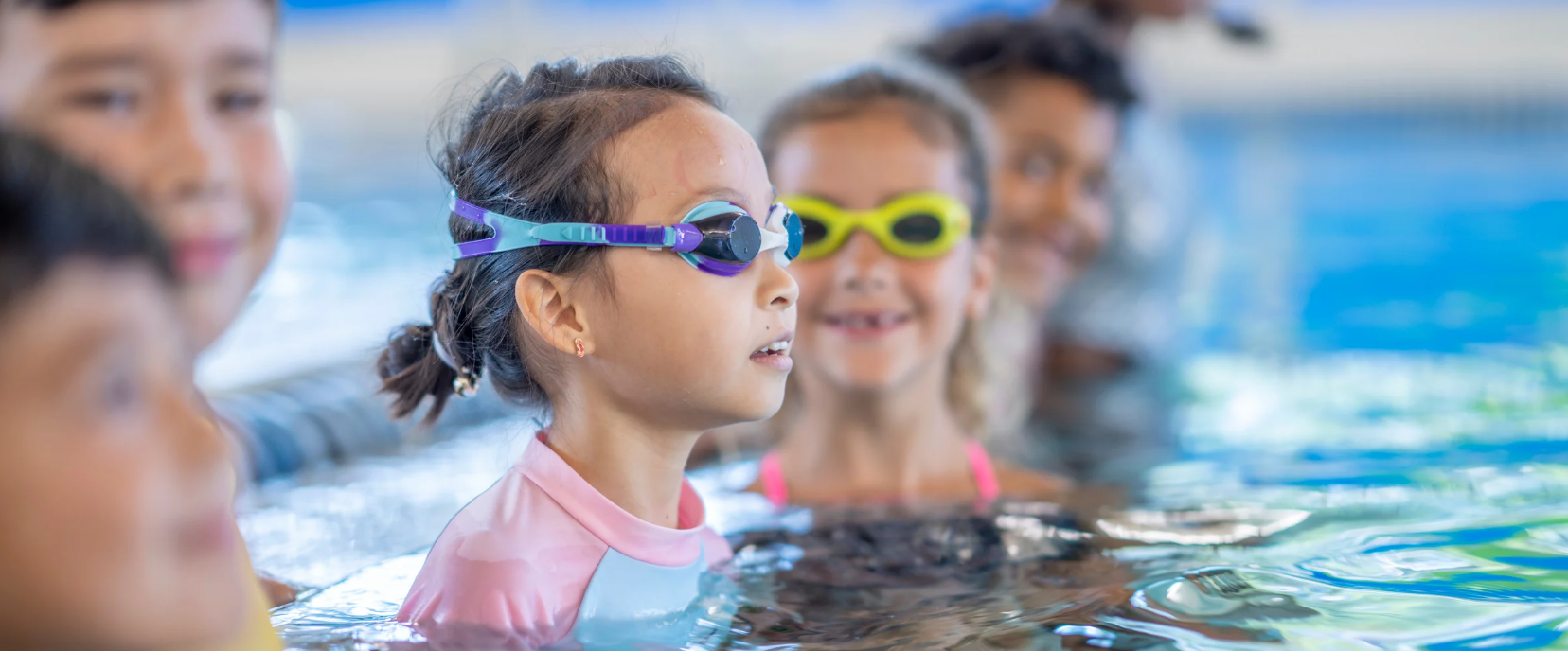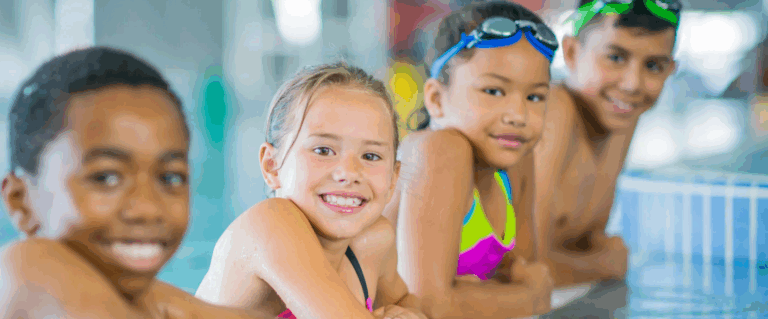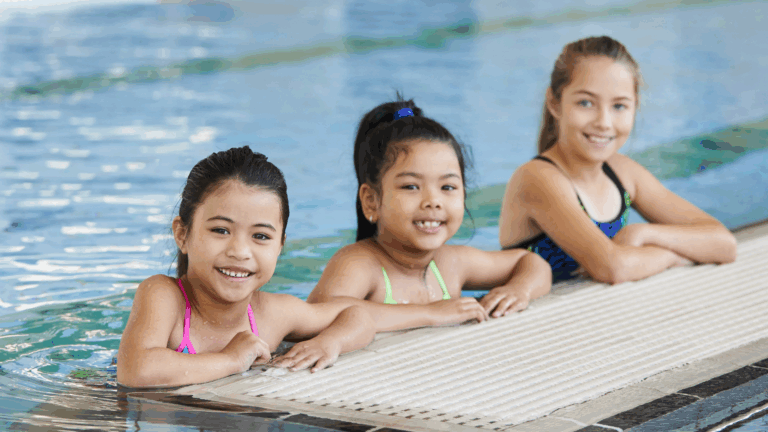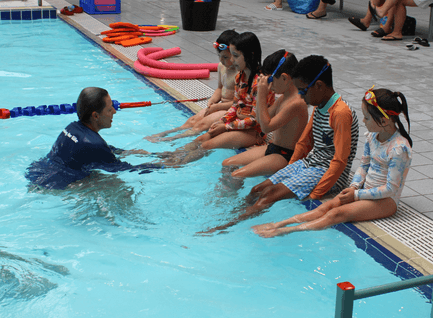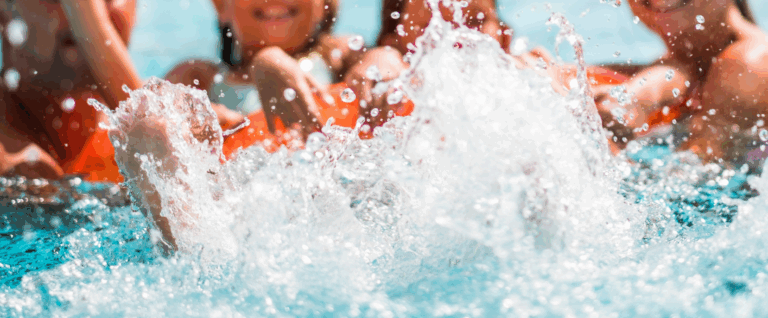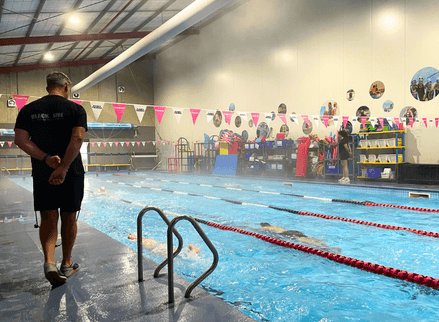A Confident Swimmer Holds Vital Skills for Life
Australia is home to a diverse range of waterways, each with its own rules and hazards. Understanding these environments is crucial and can be the difference between life and death in a tricky situation. Water safety knowledge helps prevent injuries, medical emergencies, and drownings.
Being prepared for unforeseen water incidents is essential, and knowing how to respond proactively can save lives.
According to the Royal Life Saving National Drowning Report 2025, 357 people fatally drowned in Australian waterways between July 2024 and June 2025. This is a 27% increase, marking the highest total in three decades. Alarmingly, children and young people remain at significant risk:
- 38 drowning deaths were aged 0–17 years, with the highest numbers among children aged 0–4 years.
- Swimming pools were the leading location for drownings among young children, while teenagers were more likely to drown in rivers, lakes, and at beaches.
- The report also highlights that almost half of Australian children are leaving primary school without being able to swim 50 metres or stay afloat for 2 minutes and this isa critical benchmark for water safety.
These statistics are a stark reminder that swimming skills and water safety knowledge aren’t optional – they’re essential.
Confidence in swimming is not just about enjoying the water, it’s about safety for all. Confident swimmers are better equipped to handle self-rescue situations, assist others in emergencies, and participate safely in aquatic activities.
Skipping lessons can lead to a decline in confidence and independence in the water, especially for younger swimmers. Regular practice reinforces skills and builds muscle memory, critical if your child ever needs to rely on their swimming ability in an emergency.
The GOswim Swimming and Water safety program helps build confidence and preparedness for children, teenagers, and adults across all types of waterway adventures.
Confidence and water safety skills grow with consistency. By keeping your child enrolled in swimming lessons and practicing regularly, you’re helping them build essential knowledge and preparing them for safe, fun aquatic experiences.

